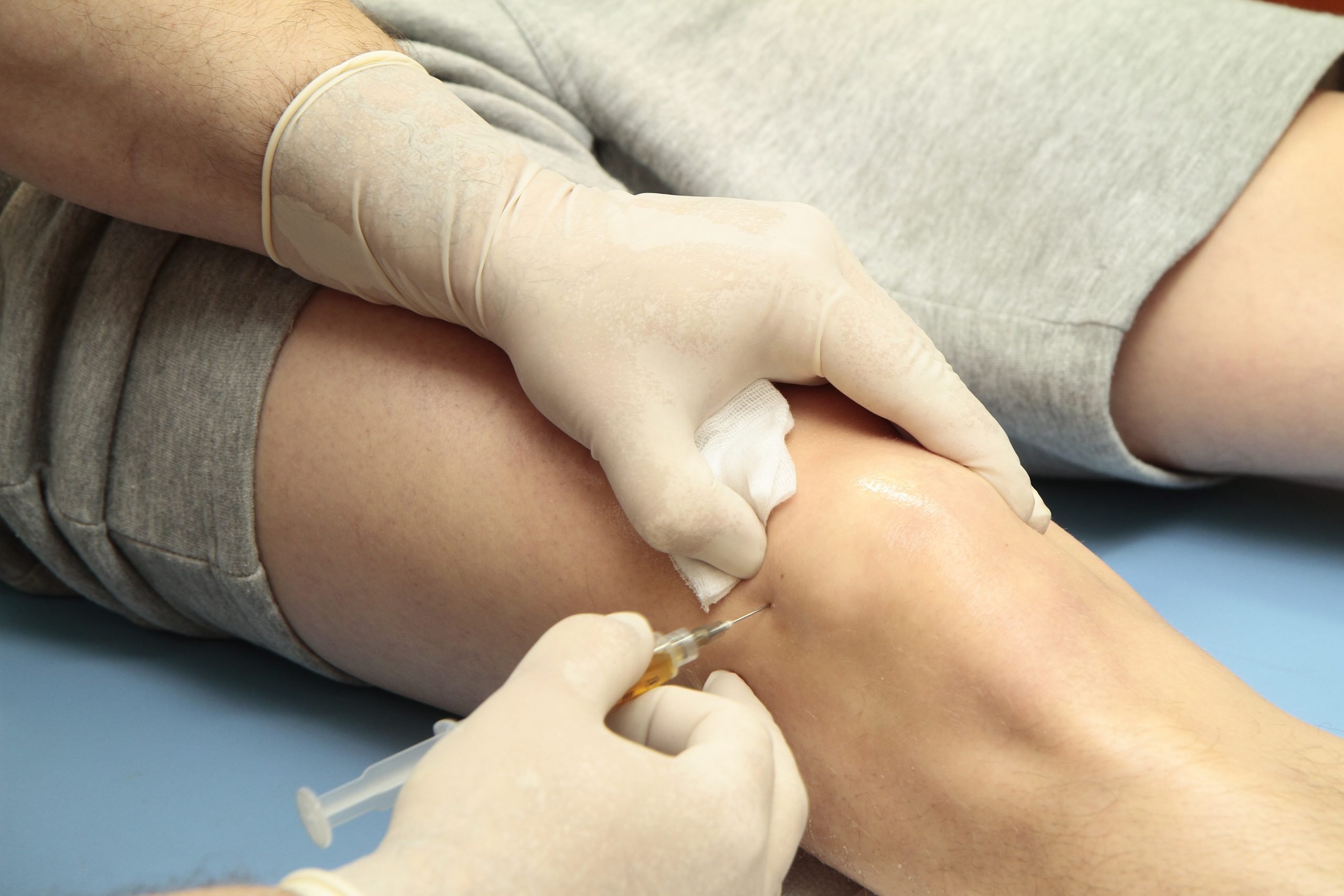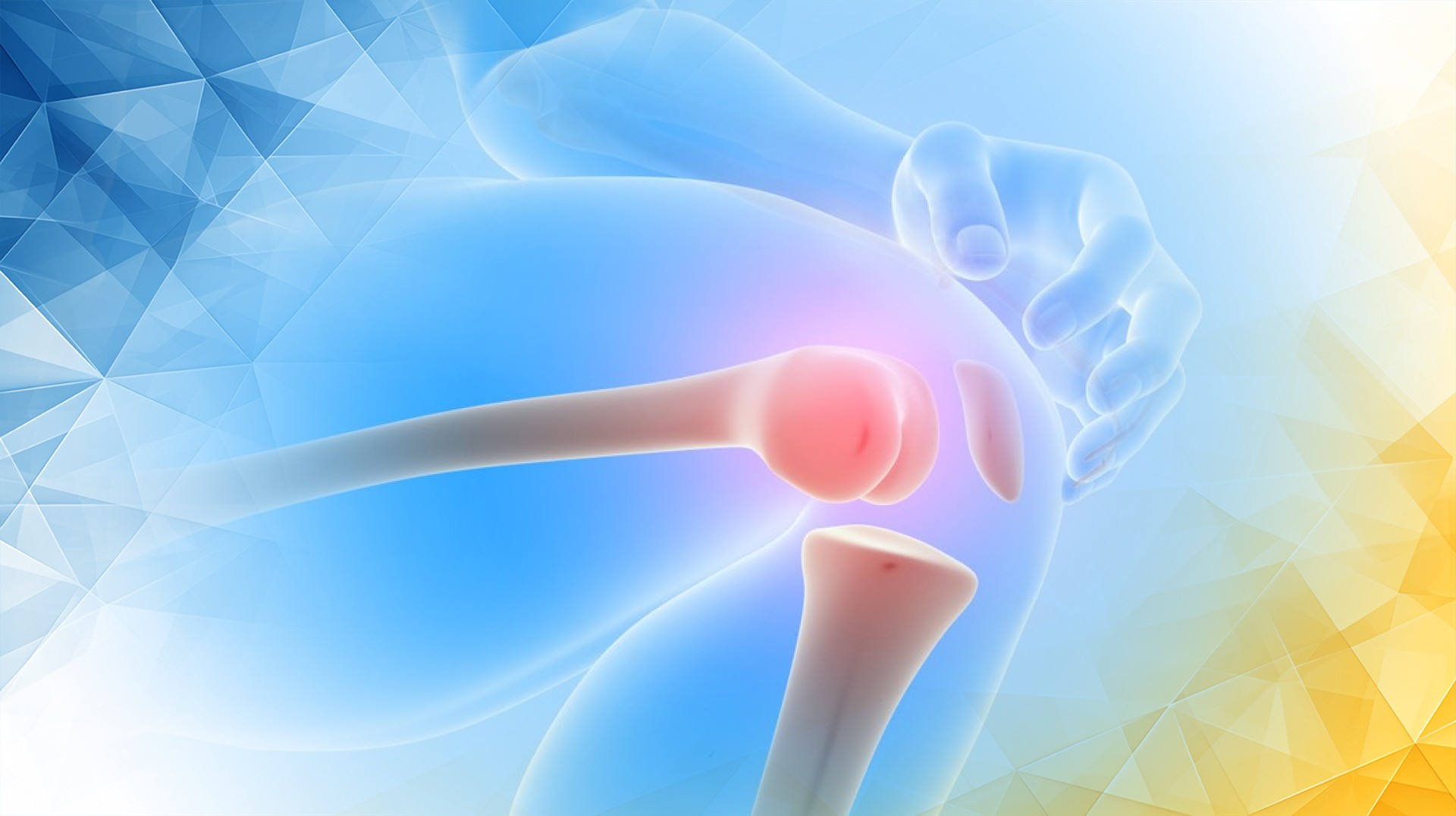Knee pain is a common concern that often arises from cartilage damage. Cartilage, the smooth tissue covering bones in joints, assists in movement and absorbs shock. Damage to cartilage in key joints such as the knees can result from trauma, overuse, or degenerative conditions like osteoarthritis. Identifying signs of cartilage damage early is crucial. This post is designed to help you recognise the textbook signs of cartilage damage so you know when to seek treatment from a healthcare professional.
Explaining Cartilage damage signs
Common signs of knee cartilage damage include consistent knee pain, usually influenced by movement. For example, patients will often complain that it hurts to bend and straighten the knee. Other signs are:
- Swelling and inflammation: The knee area might appear swollen, indicating an inflammatory response.
- Grinding sensation: Also known as crepitus, this is a common indication of cartilage wearing down.
- Locking of the joint: The knee might lock or catch during movement.
- Instability: A feeling of the knee giving way.
Initial symptoms of damaged cartilage can include pain on the inner side of the knee, swelling, stiffness, and reduced range of motion. You may also experience your knee hurts when you bend it and straighten it. Diagnosis typically involves a physical examination, imaging tests, and sometimes arthroscopy.Recognising these signs early can vastly improve treatment outcomes and prevent further cartilage damage.
Side Effects and Complications
Short-term side effects of untreated cartilage damage include persistent pain and swelling. Long-term effects can be debilitating, leading to chronic pain and significant loss of joint function.
Potential complications are:
- Osteoarthritis: Prolonged cartilage damage can lead to the development of osteoarthritis.
- Joint instability: Damaged cartilage can lead to instability which might result in falls or further injury.
- Reduced activity levels: Chronic knee pain can severely impact daily activities, leading to a more sedentary lifestyle.
Addressing cartilage damage early is critical to prevent these severe complications.
 Cartilage
Cartilage Knees
Knees




